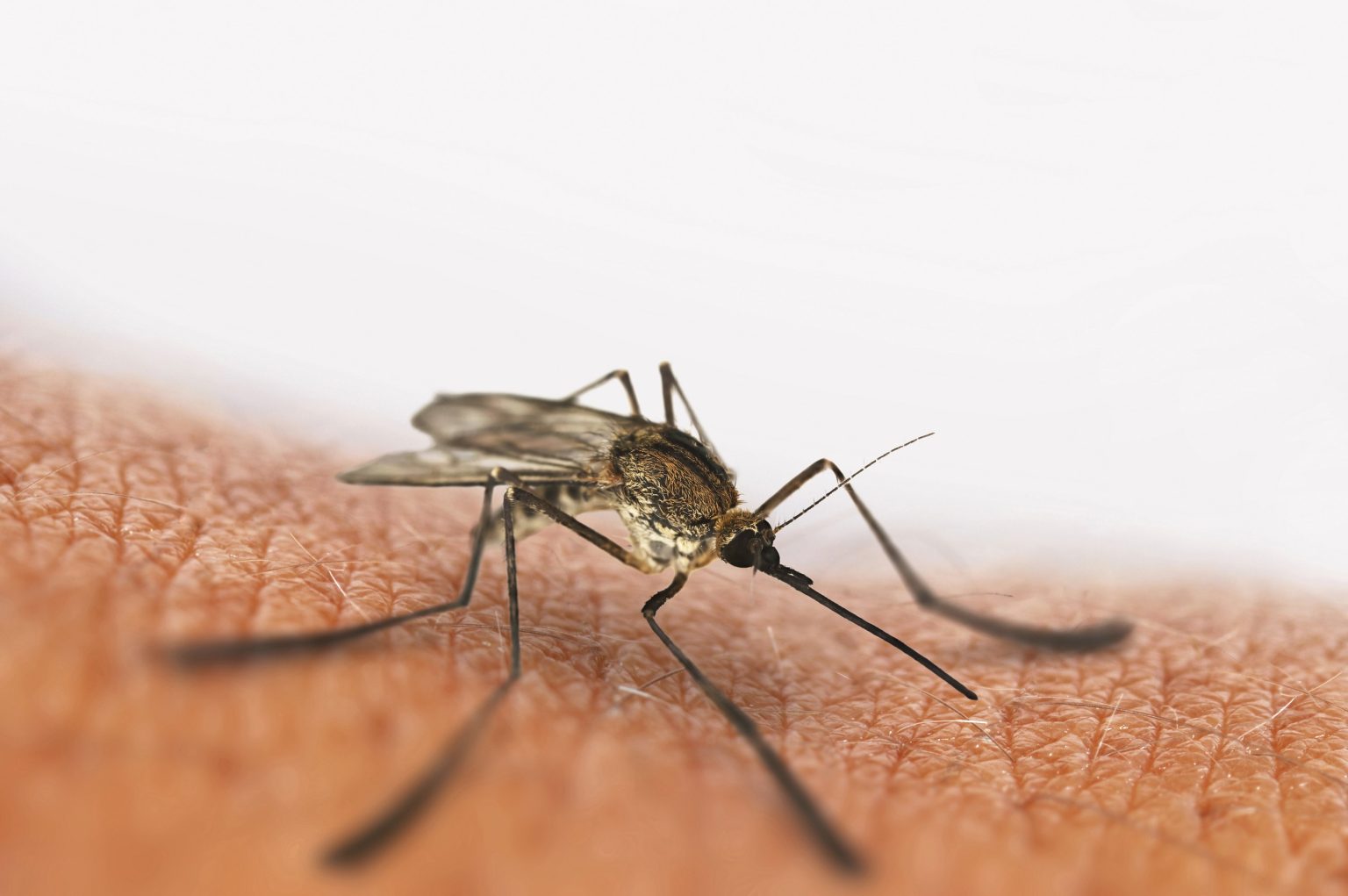Egypt has officially been declared free of malaria by the World Health Organization (WHO), a major success for the country. The WHO called this achievement “truly historic.”
Malaria has been a problem in Egypt for thousands of years, but now the disease is part of the past. WHO chief Dr. Tedros Adhanom Ghebreyesus said, “Malaria is as old as Egyptian civilization, but it no longer exists in the country.”
Egypt started working to get rid of malaria nearly 100 years ago. To be declared malaria-free, a country must show that no local transmission of the disease has happened for at least three years.
Malaria still kills over 600,000 people every year, mostly in Africa.

Malaria has deep roots in Egypt’s history, with references to the disease dating back to the times of the pharaohs. Over the decades, Egypt has undertaken rigorous efforts to combat the disease, starting nearly a century ago. The declaration of being malaria-free requires a country to demonstrate no local transmission for at least three consecutive years, a milestone Egypt has now achieved.
Egypt joins a select group of nations—44 countries and one territory worldwide—that have successfully eliminated malaria. It is the third nation in the WHO’s Eastern Mediterranean Region to reach this significant goal, following in the footsteps of the United Arab Emirates and Morocco. This achievement not only reflects Egypt’s commitment to public health but also contributes to the global fight against a disease that continues to kill over 600,000 people each year, primarily in Africa.
While the WHO commended Egypt for its dedication and success, it also cautioned that the country must remain vigilant to prevent the reemergence of malaria. The organization highlighted the importance of ongoing monitoring and preventive measures. Dr. Tedros pointed out, “Malaria is as old as Egyptian civilization, but it no longer exists in the country,” yet he urged sustained efforts to maintain this hard-won status.
Egypt’s battle against malaria gained momentum in the 1920s, with targeted efforts to limit the cultivation of crops, such as rice, that attract mosquitoes. The country implemented a range of strategies, including insecticide spraying, public awareness campaigns, and improved healthcare infrastructure.
Despite advances in malaria vaccines in some regions, the WHO emphasizes that the most effective methods for preventing the disease continue to be avoiding mosquito bites and monitoring for symptoms. As Egypt celebrates its success, the global community looks on, hopeful that this achievement can serve as a model for other nations striving to eliminate malaria.
The WHO’s declaration not only underscores Egypt’s significant progress in public health but also serves as a reminder of the ongoing global struggle against malaria. With vigilance and commitment, the hope is that more countries will follow in Egypt’s footsteps, moving closer to a world where malaria is no longer a threat to public health.